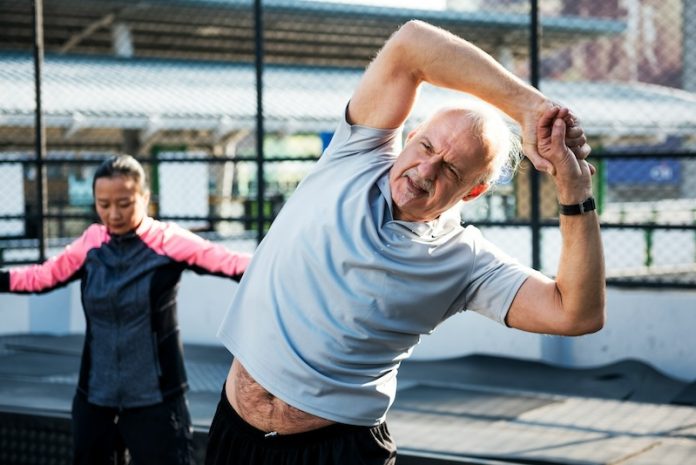
Recent research from the University of Sydney and the Montreal Heart Institute has found that using a fan during hot and humid weather can help older people feel cooler and reduce strain on their hearts.
This finding goes against advice from the Centers for Disease Control and Prevention (CDC) in the United States, which typically discourages fan use in extreme heat for older adults. However, the study suggests that, under specific conditions, fans might actually be beneficial for them.
This study, published in the New England Journal of Medicine, focused on exploring simple and affordable ways to help older adults stay safe in summer heat.
Many elderly people, especially those with heart conditions, are more vulnerable during hot weather, as high temperatures can put extra stress on the heart.
With climate change causing more frequent and intense heat waves, finding effective cooling strategies has become even more important.
The researchers wanted to understand how different cooling methods, like using a fan or spraying water on the skin, could help relieve the heart’s workload for older adults.
Professor Ollie Jay, a lead researcher from the University of Sydney, emphasized that hot weather poses significant health risks, particularly to seniors.
As heat waves become more common, it’s essential to discover which cooling methods are both practical and effective, especially for people who may not have access to air conditioning.
To investigate, the team created two environments in which they placed their participants—one that was hot and humid (38°C with 60% humidity), and another that was hot and dry (45°C with only 15% humidity).
These conditions reflect two common types of heat waves that many regions around the world experience. They measured the effects of cooling strategies on two groups of older adults: those with heart disease and those without.
The study found some surprising results. In the hot and humid environment, using a fan helped participants feel cooler and reduced the amount of stress on their hearts, even without spraying water on the skin.
This was a promising outcome, as it showed that simply using a fan could be an effective, low-cost option for cooling down when the air is both hot and humid.
But in the hot and dry conditions, using a fan was not only ineffective but also risky. In this dry heat, the fan didn’t have enough moisture to work with, which meant that the cooling effect from sweat evaporation was minimal.
Instead of cooling the participants down, the fan pushed more heat onto their skin. This increased the strain on their hearts, which could be dangerous, especially for those with heart disease.
In this type of dry environment, the best method for staying cool turned out to be spraying or wetting the skin with water, without using a fan. This wetting approach allowed the body to cool down without the added heat that fans could bring in very dry conditions.
Dr. Daniel Gagnon from the Montreal Heart Institute, a co-author of the study, highlighted the importance of having affordable ways to stay cool for people without access to air conditioning.
Many older people, especially those with limited resources, cannot afford air conditioning or may live in areas where it’s not common.
Knowing that simple solutions like a fan can help in certain weather conditions is valuable, as it gives people realistic options for staying safe in the heat.
Dr. Georgia Chaseling, who was also a key contributor to the study, emphasized that the team deliberately tested simple, inexpensive cooling methods.
Their aim was to find solutions that could benefit people in lower-income or resource-limited areas who may not have air conditioning.
By figuring out which cooling strategies work best under different types of heat, this research provides guidance that could help many older adults during increasingly common heat waves.
In summary, this study shows that fans can be helpful in hot, humid weather by reducing heart strain for older people. However, in hot and dry weather, fans can make things worse by forcing extra heat into the body.
In those dry conditions, simply wetting the skin without using a fan may be a safer and more effective cooling method. The findings suggest that the effectiveness of cooling strategies depends on the specific weather conditions.
If you care about health, please read studies about how Mediterranean diet could protect your brain health, and the best time to take vitamins to prevent heart disease.
For more health information, please see recent studies that olive oil may help you live longer, and vitamin D could help lower the risk of autoimmune diseases.
Copyright © 2024 Knowridge Science Report. All rights reserved.



